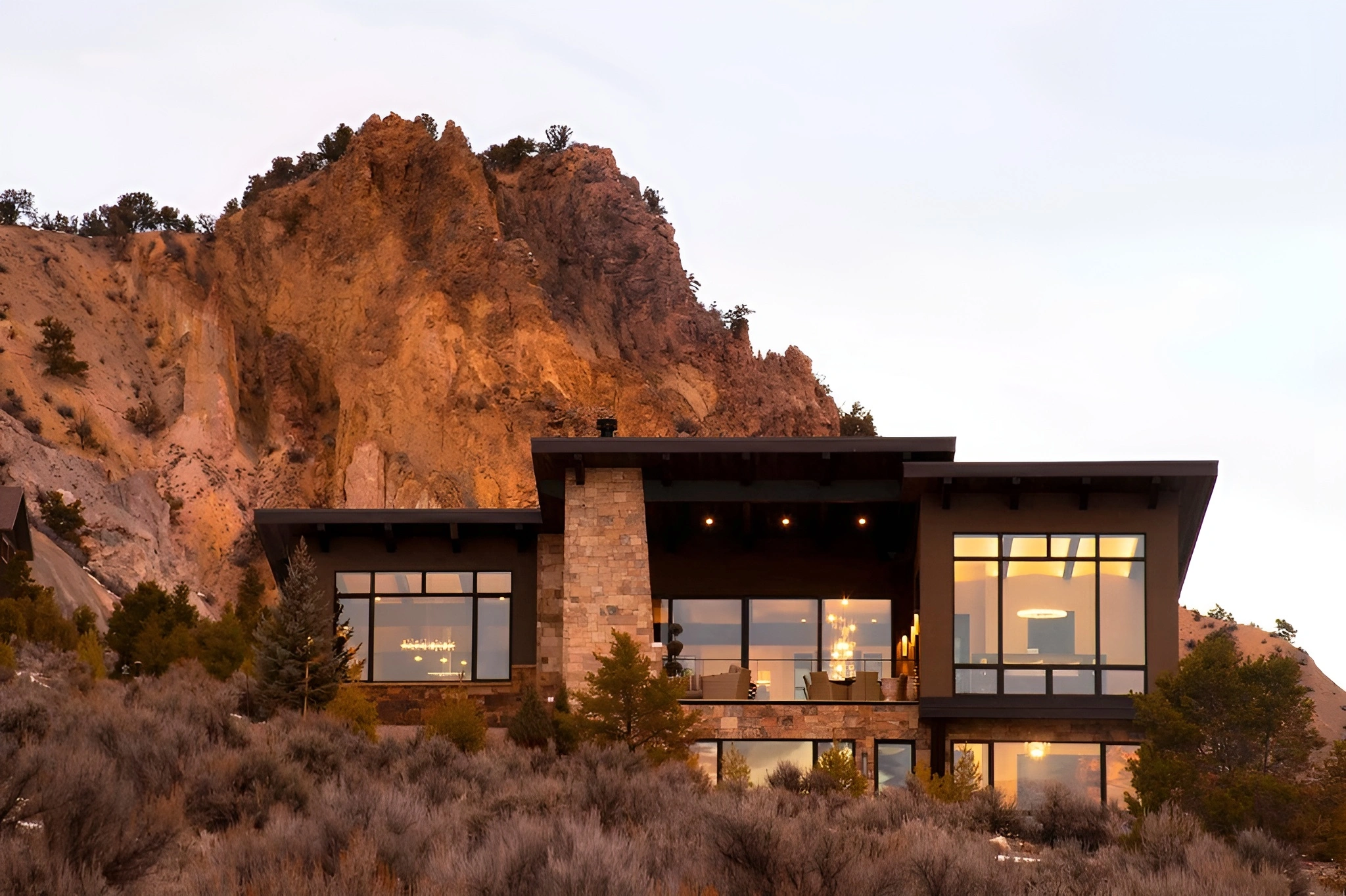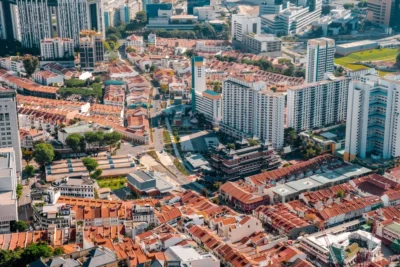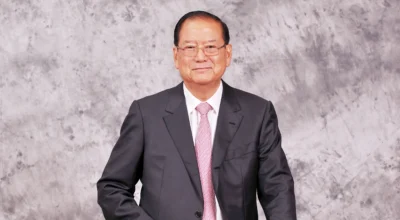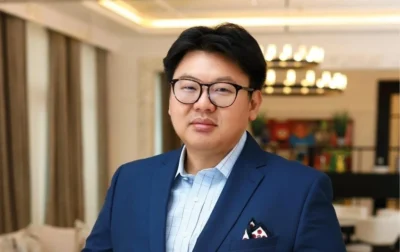Luxury home exchanges find footing in Asia
Time-honoured tradition of home swaps gains traction among high-end homeowners in Thailand and beyond

The grass may be greener on the other side, even for owners of the most enviable homes on earth. That basic impulse—to see what life feels like somewhere else—has propelled ThirdHome, a private exchange club for luxury second homes, from its beginnings in the US to a network that reaches 2,500 destinations.
Today, the notion of exchanging stays in fully owned, luxury second homes is starting to make sense in Asia.
Founded in 2010, ThirdHome represents over 17,000 high-net-worth homeowners worldwide: a jet-setting, elite club that includes everyone from chief executives to Formula 1 drivers and basketball veterans.
The premise is straightforward: Instead of letting a second home sit idle, owners can “deposit” time in it and receive stays in comparable homes owned by fellow members. It’s a like-for-like swap, without being tethered to the same place every year, and a way to turn an idle asset into priceless experiences.
From North America, where it first flourished, the platform has grown to roughly 20,000 properties, running the gamut from beach villas to mountain chalets. The average home is valued at USD2.4 million; every listing is rigorously vetted for design, location, amenities, and service.
Interest is growing east of the Prime Meridian. “We’re currently undersupplied in all the top Asian markets,” says Giles Adams, ThirdHome’s director of strategy and operations. “Demand for top-end Asian properties completely outstrips our supply.”
Even on the lower end of the luxury pricing spectrum, homes in Asia are “extremely desirable” among members, he notes.
From Bali and Koh Samui to Phuket and Niseko, inquiries have surged, driven partly by Australian members and reinforced by consistent demand from Europe and North America. Vietnam, with properties emerging in Hoi An, Con Dao, and Phu Quoc, is on the radar. In colder climes, Hokkaido is seeing new listings and brisk interest.
Home exchange is not a long-standing tradition in Asia. In the US and Europe, the practice dates back to the 1950s when teachers swapped homes to summer abroad. But recent excursions by the ThirdHome team to Bangkok and Singapore showed an openness to innovative homeownership models that generate value, even if not strictly financial.
“We’re seeing a huge rise in luxury second-home ownership in Southeast Asia, not only among international and expat buyers but also among the rising number of highly affluent local residents,” Wade Shealy, the company’s founder, says in a statement.
Although ThirdHome’s Asian portfolio could undoubtedly be better, it’s still a leap from 2012 when a single villa owner in Phuket joined the network. Many properties have since appeared in the reality series Millionaire Holiday Home Swap, giving viewers a peek at members’ odysseys.
The recent Bangkok earthquake, Adams notes, has not slowed demand. If anything, economic uncertainty has spurred some owners to reassess how their second homes are used.
ThirdHome’s eastward expansion comes at a moment of growth for branded residences. According to the consultancy C9 Hotelworks, Asia has over 67,000 such units across more than 280 developments in the regional pipeline, valued at USD30.7 billion.
“This figure reflects both the rising demand for branded living spaces and the region’s growing affinity for real estate projects anchored by hospitality and lifestyle brand affiliations,” states Bill Barnett, managing director of C9 Hotelworks.
Related: Over $30 million in branded residential projects slated for Asia
ThirdHome’s credit system ties the whole enterprise together. Homes are assigned a value, denominated in so-called Keys, depending on market price, location, and quality. Depositing a peak-season week earns more Keys; super-peak periods, such as Christmas in Aspen or summer in France, earn the most. Members can then spend Keys on stays anywhere in the network.
While most Asian members are individual homeowners, ThirdHome sees potential in partnering with developers. The company already works with more than 150 affiliates, mostly in the US and Mexico, allowing companies to place unsold or idle units en masse in the network.
“It’s a great arrangement,” Adams says. “Developers can use their unsold properties to generate travel credits, and ThirdHome sends the company qualified prospects who may eventually buy.”
With ample inventory, developers are luring buyers with the promise of travel. “They’ll say: Here’s your off-plan purchase, but while it’s under construction, you can travel to amazing homes worldwide,” Adams says. “It’s a win for everyone.”
Even after selling a home, most members stay on until their Keys are used, Adams reports. Many buy new properties just to remain in the club.
Membership comes with personal touches, each owner working with an account manager who helps curate listings and suggest destinations. ThirdHome also runs “Adventures,” group trips curated for solo travelers or those seeking built-in activities.
The network runs on reciprocity and a shared mindset. “It’s a closed community where everyone has skin in the game,” Adams says. “Members open their homes knowing they’ll be hosted with the same care elsewhere.” Members have arranged last-minute New Year’s stays in Aspen, complete with coveted tables at private clubs: courtesies extended host-to-guest.
This level of personalisation, encouraged by a two-way feedback system, distinguishes ThirdHome from timeshares or even luxury short-term rentals. Members face no fixed weeks, no obligation to return to the same place, and no nightly rates. It’s an ecosystem that thrives on flexibility, exclusivity, and trust—appealing to a class of traveller as comfortable in a Balinese villa as in a French chateau.
Asia’s appeal has been known to Western travellers basking in its cultures, climates, and charming sceneries for many generations. The reverse is true: Asia is now home to a rising population of homeowners as ready for a luxe getaway as anyone in America.
“Even though our founder started small, just with friends, the vision was always to build an international club that was agnostic of countries and borders,” Adams says.
If ThirdHome has its way, the grass—or sand and snow—on the other side might just soon be more accessible than ever.
Recommended
Foreign demand recalibrates in Southeast Asia housing markets
Even amid global headwinds, Southeast Asia’s property markets hold appeal for foreign buyers
Tariffs and turmoil test Singapore homes as suburbs hold firm
Foreign levies, regional wars, and buyer fatigue are putting pressure on the city-state’s housing market
Gulf luxury markets lure global capital amid policy shift
Gulf nations are shaking off a reputation for overt bling to lead a post-pandemic luxury boom
China housing slump deepens as oversupply drags prices
Concerns remain over surplus inventory built by troubled property developers as prices continue to fall across all but a handful of major cities










